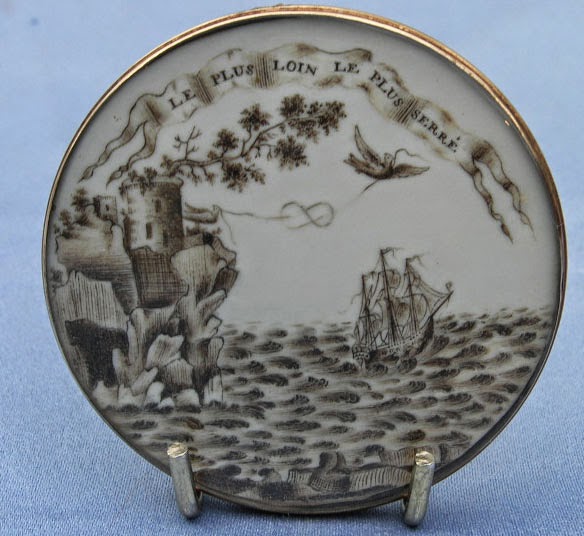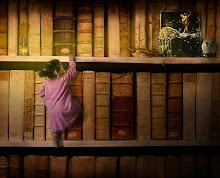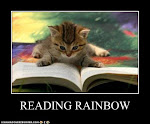Why don’t more of these things exist for every topic? I’m going to call them SurveyCasts in lieu of a good name, mostly because they act as those typical 101-level surveys of topics most students are asked to take at liberal arts universities. Except these are created, made for, and distributed using digital technology and the web instead of classrooms filled with students in chairs.
Serendipitously, I'm trying to learn all about classical Greek and Roman history and mythology in advance of teaching a class on Myth & Folktale in the spring. Though I know the myths themselves, I don't know much about them, or the history (cultural, social, political, military, literary) that gave rise to, and perpetuated, them. So I did some googling and found, via "Open Yale," the class lectures from a basic history class on Ancient Greece. I listened to part of one, and it's immensely interesting; the problem, as Chimero points out, is "no one wanting to watch a 50-minute video of a guy speaking at a podium, but also how the courses are built on the semester schedule, and 16 weeks is entirely too long for a successful SurveyCast."
My own needs would be extremely well served by these "SurveyCasts" that Chimero suggests, especially ones in history and science.
But then I think, as well, that I would LOVE to curate my own survey - I love, more than anything, talking about books. And teaching, of course, though to create these surveys one would be operating in lecture/presentation mode, rather than discussion-leading/teaching. But I'd love to do such a thing, had I the technical wherewithal (and, let's admit it, the time) to do it.
But what would I - what could I teach?
One of the issues the SurveyCast idea raises, for someone with my pedagogical orientation, is that literature anyway isn't a question of pouring in knowledge. It's not accumulating a series of details, dates, events into a neatly memorized timeline. It's about...grappling with a text.
But then again, I could see a SurveyCast doing just this, being an example of excellence in close reading as well as in teaching. Say my survey is Golden Age Classics of Children's Literature (how original). So each SurveyCast would be on a different text, and there'd be maybe 15 episodes all together. Maybe 10. Each no more than 15 minutes in length. Let's take Alice's Adventures in Wonderland as an example.
Images! the episode would need to include images: photos of Charles Dodgson, just for kicks; photos of Alice Liddell and her siblings, taken by Dodgson. Images of Dodgson's original, handwritten manuscript with his accompanying illustrations; images from Tenniel's editions. Maybe a sort of montage or collage of other editions - the Sabuda pop-up, the Helen Oxenbury edition, Arthur Rackham's illustrations.
Intercut with the images, or perhaps as voice over, the little biographical note I give about Dodgson when I teach Alice. I try, when I do this, to explain Victorian photography and Victorian attitudes about children and sexuality (ie: very few Victorians would look at a photo of a child and think: "erotic art!"), but to do it in a fairly brief way that doesn't make a huge issue out of the obnoxious question: Wasn't Lewis Carroll a pedophile? Instead, I focus on his documented work and interests - his mathematics and logic work, his photography, his writing, his relative conservatism, his work as a deacon.
I also try to position the book in children's literary history; the Golden Age narrative, the Alice-as-watershed narrative. I don't embrace this wholeheartedly, because I think you can find examples of "delighting" texts prior to Alice, but I do think that Dodgson's book marked a large shift.
I might mention nonsense verse, especially Edward Lear's work, and its relation to Alice.
Then the Myth of the Creation of the Story: that "golden afternoon," the boating excursion, etc.
Then, on to the text! Assuming knowledge of the plot, I'd point out some of the institutions being question or attacked: the judicial/legal, royalty, social norms, education, etc. I'd talk about Alice's out-of-control body, and some of the critical hypotheses about that. I'd talk about the peculiar conclusion. I'd talk about wordplay, and punning, and who the audience really is for this book. I'd talk about its persistence in our culture, as text/story for adaptation and re-telling, and as a referent. I'd probably do a close reading, or something like it, on the Tea Party chapter, particularly because it gives an opportunity to look at Alice's rather unpleasant personality.
Could this be done in an entertaining 15 minutes? i don't see why not.
It would be an intriguing project to undertake. I can't, of course, since I lack all necessary technical resources, but it's kind of interesting to think about.
I can think of several people off the top of my head who I would LOVE to see do this kind of SurveyCast, though. I love the idea of it. The shared knowledge that comes out of a small class discussion, when the classmates are all engaged in the material as well as involved with their own academic interests - it's one of the things I miss most in my post-class-taking (frankly, post-New College) life.
So: SurveyCasts! Consider the possibilities.




